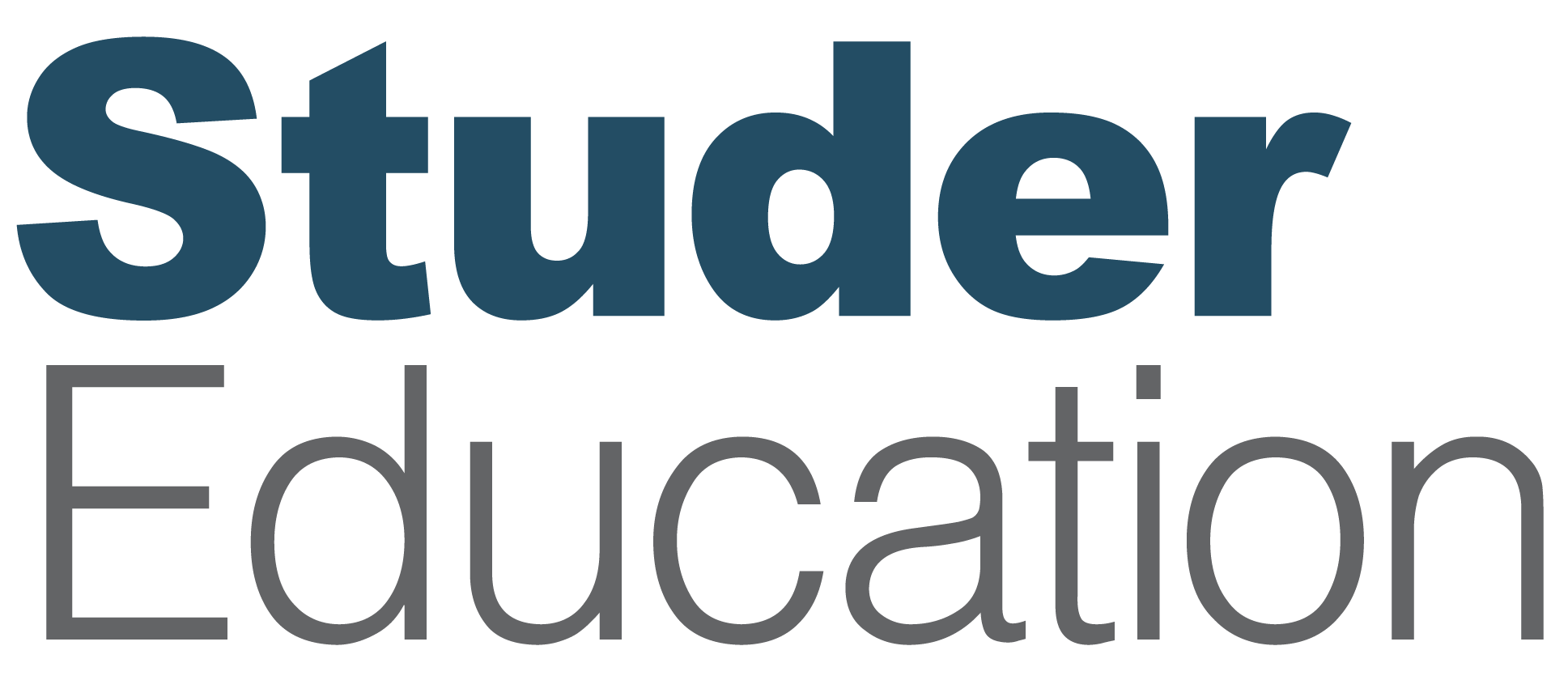The practice of improvement belongs at the center.
In organizations where employee engagement and productivity is high and turnover is low, you’ll likely find trust is the foundation. But the reality is most employees don’t trust their leaders. According to Gallup data, only one in three employees trust their organization’s leadership. Trust is essential for organizations to thrive and continuously improve. This was a key finding in the research of this episode’s special guest. His contributions to the American Education Research Association and to improvement science overall make him one of the greatest educational professionals of all time. Listen as Tony Bryk, the ninth president of the Carnegie Foundation for the Advancement of Teaching, shares about the role of nurturing relationships to sustain improvement in school systems at scale.
This episode addresses questions, such as:
- Why is trust at the heart of improvement work?
- How can we continue spreading improvement work in schools at scale?
- What is most important for leaders to remember about improvement work?
Learn more about Anthony S. Bryk’s extensive research influencing continuous improvement in schools across America by reading his books: Trust in Schools: A Core Resource for Improvement, Organizing Schools for Improvement: Lessons from Chicago, Learning to Improve: How America’s Schools Can Get Better at Getting Better, and his newest release: Improvement in Action: Advancing Quality in America’s Schools.
Related Resources
Building Trust with New Teams
As the pace of change continues to increase, the demand on individuals and teams to become more agile is higher than ever. For organizations to successfully respond to changes in their external or internal environments, teams are often created, restructured, or eliminated. Whether you have a mixture of new and old team members or a completely new set of people working together, it’s critical to build trust as a team before goals can be accomplished together.
Learning Comes from Reflection
In this video, Dr. Pat Greco tells us the moments that matter most are the times we learn together. She describes intentional reflection as a process we should all be doing to reach higher levels of performance and improvement.
Implementing PDSA Cycles
To continuously improve, organizations and teams need to implement cycles of examining data and planning for future actions. In this video, a Principal discusses how his school has created a transparent system using data to ensure students are getting the support they need. Using cycles of PDSA, data is assessed three times per year to monitor progress towards goals and then used to plan for the following year.
The Neuroscience of Trust
Leaders know that low employee engagement is a sign of lost value-it's clearly something they want to fix. But most of them don't know how, so they provide random perks, hoping those will move the needle. The Solution It's much more effective to create a culture of trust.
